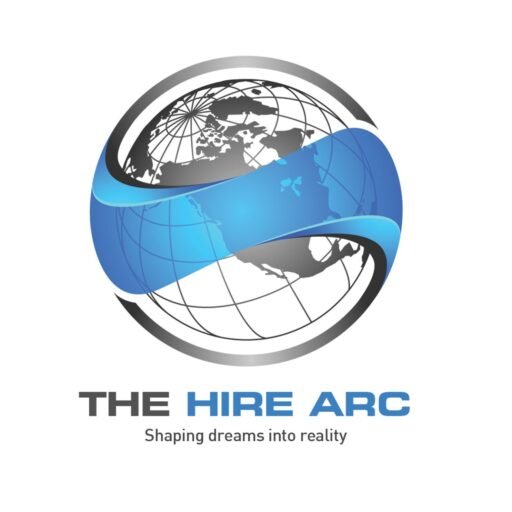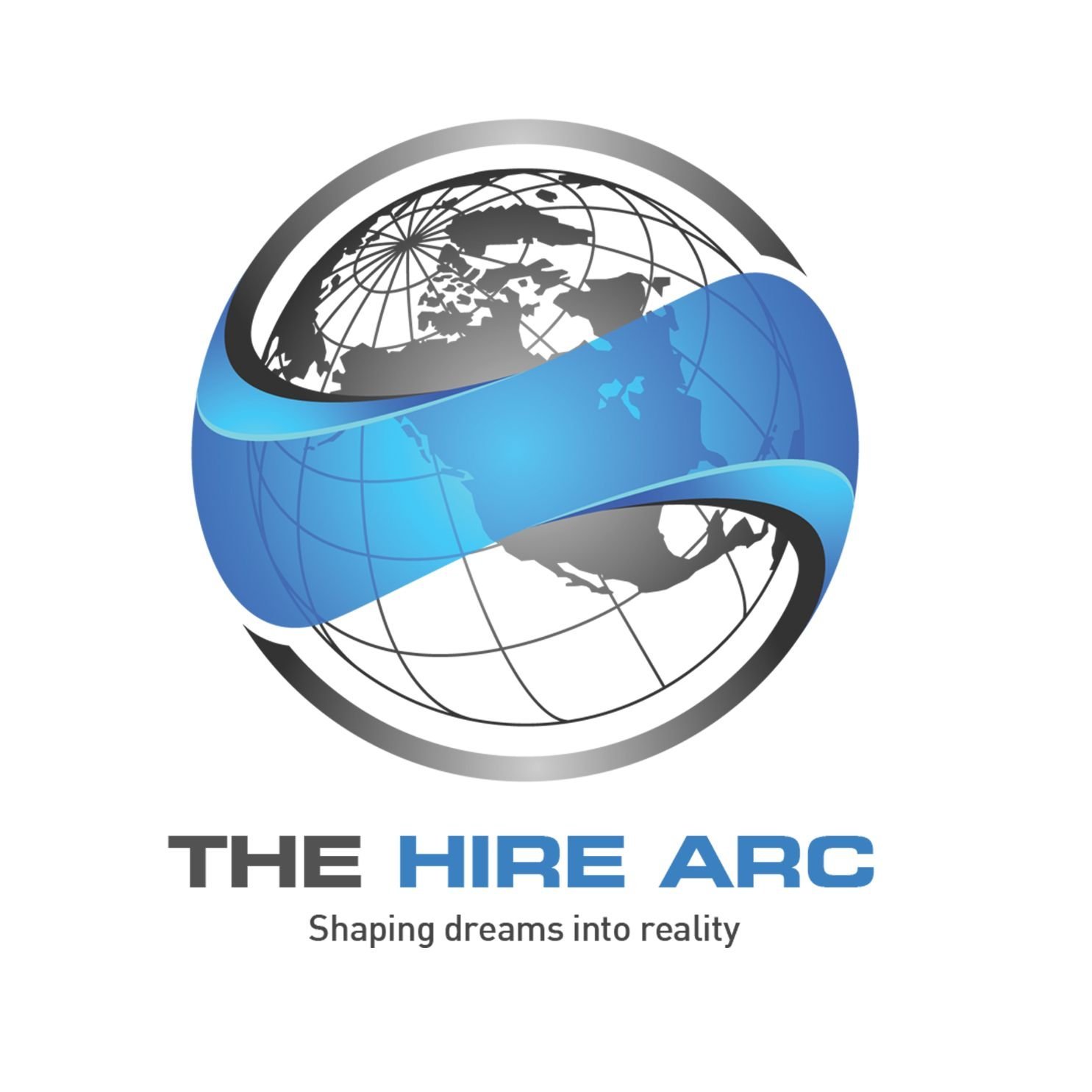When someone asks, “What adjectives would you use to describe yourself?” or “Give me three words that describe you”, it’s not just a casual prompt—it’s a chance to influence how others perceive you. Choosing the right adjectives about myself (or adjectives that describe me) is more than self-praise; it’s a strategic self-branding move.
In this guide, you’ll find:
- How to select the right adjectives about yourself
- Industry-specific examples
- “I have positive adjectives” you can use
- Real sentences showing words that describe me in action
- Mistakes to avoid
- AI / featured snippet–friendly FAQs
Plus, whenever relevant, I’ll link back to The Hire Arc’s service pages (like recruitment, payroll outsourcing, learning & development) so your readers can explore your offerings seamlessly.
Let’s begin.
Why Adjectives That Describe Me Matter
What Is an Adjective (Self-Describe Word)?
An adjective is a word that modifies or describes a noun. In the context of “adjectives about myself”, it’s a descriptive word you use to express your strengths, qualities, or personality traits. For example: “analytical,” “versatile,” “empathetic.”
These words matter because:
- First impressions: In resumes, LinkedIn bios, or interviews, your choice of descriptors sets a tone.
- Relevance & alignment: Good adjectives help you signal alignment with the role or company culture.
- Memorability: The right word sticks.
- AI/search & ranking: Structured, precise adjectives help machine parsing and potential featured snippets.
How to Choose the Right Adjectives About Myself
Selecting adjectives isn’t random. Here’s a method:
- Self-audit & feedback
- Reflect on past feedback from colleagues, mentors, and performance reviews.
- Ask: “How do others describe me?”
- List 15–20 candidate words, then filter.
- Reflect on past feedback from colleagues, mentors, and performance reviews.
- Match adjectives with role/industry
- Look at the job description: keywords, required traits.
- Choose adjectives that mirror those requirements.
- For example, if a role emphasises “collaboration,” use collaborative, team-oriented, diplomatic.
- Look at the job description: keywords, required traits.
- Avoid overused or vague adjectives.
- Words like “hardworking”, “good”, and “nice” are too generic.
- Instead of “hardworking,” use “diligent,” “persistent,” and “results-oriented.”
- Words like “hardworking”, “good”, and “nice” are too generic.
- Back every adjective with proof
- Use the STAR method or short stories. E.g. “I’m analytical — I identified a bottleneck in process X and cut cycle time by 20%.”
- Use the STAR method or short stories. E.g. “I’m analytical — I identified a bottleneck in process X and cut cycle time by 20%.”
- Ensure consistency & avoid contradiction.
- Don’t pair “introverted” with “outgoing” unless carefully explained.
- Keep your adjectives focused and aligned.
- Don’t pair “introverted” with “outgoing” unless carefully explained.
- Tailor per context
- Use slightly different adjectives for your resume vs interviews vs LinkedIn. The core set remains, but choice and emphasis may shift.
Here’s a quick comparison table:
| Weak / Generic | Better Alternative | Why |
| Hardworking | Diligent / Persistent / Results-oriented | More specifically, it implies outcome |
| Good | Proficient / Competent / Capable | Shows capacity rather than vague praise |
| Friendly | Approachable / Personable / Diplomatic | More professional nuance |
| Creative | Innovative / Imaginative / Strategic | Adds depth & direction |
Categories of Adjectives for Different Contexts / Industries
You don’t need to memorise 500 adjectives—just understand which ones matter in which context. Below are industry-tailored adjectives and example sentences.
For Tech / IT / Engineering Roles
- Analytical
- Systematic
- Detail-oriented
- Innovative
- Agile / Adaptive
- Methodical
Example usage:
“I am an analytical engineer who approaches challenges with systematic thinking, and I improved system latency by 25% through targeted refactoring.”
For Marketing / Creative / Content Roles
- Creative
- Persuasive
- Strategic
- Articulate
- Imaginative
- Brand-conscious
- Visual-minded
Example usage:
“As a creative marketer, I developed a campaign that increased engagement by 40%. My strategic approach tied content to measurable KPIs.”
For HR / Operations / People Roles
- Empathetic
- Collaborative
- Organized
- Dependable
- Diplomatic
- People-oriented
- Structured
Example usage:
“In my role handling shared HR services, I remained dependable and organised, ensuring seamless payroll cycles for 200+ employees. My collaborative approach helped cross-functional teams coordinate smoothly.”
(Here, you might insert an internal link to your HR Shared Services page: e.g. “Ensuring smooth operations via HR shared services.”)
For Leadership / Management / Strategic Roles
- Visionary
- Decisive
- Accountable
- Motivational
- Strategic
- Empowering
Example usage:
“I led a cross-functional team of 12, making decisive calls on resource allocation and maintaining accountability across projects.”
For Entry-Level / Freshers / Early-Career Roles
- Eager
- Coachable
- Adaptable
- Curious
- Motivated
- Proactive
Example usage:
“As a fresh graduate, I was eager to learn and coachable — I quickly picked up new tools and delivered my first project ahead of schedule.”
“I Adjectives Positive” & Self-Describe Words You Can Use
Adjectives starting with I can add interest and alliteration. Here are some you can use (with meaning and sample):
| Adjective | Meaning / Focus | Example Sentence |
| Innovative | Generates new ideas, improvements | “I’m innovative, developing features that increased retention by 18%.” |
| Intuitive | Understands patterns or user needs | “My intuitive UX sense allowed me to streamline flows and reduce friction.” |
| Industrious | Hard-working and persistent | “Always industrious, I volunteered for extra modules and delivered ahead of scope.” |
| Insightful | Offers strong observations | “I provided insightful analysis that revealed new revenue opportunities.” |
| Introspective | Reflective, self-aware | “Being introspective, I regularly review my work and improve.” |
| Inclusive | Embraces diversity & collaboration | “I foster inclusive discussions to ensure team voices are heard.” |
Using a few “I adjectives positive” can differentiate you, especially when you explain how they manifested in your work.
Adjectives for Colleagues, Adjectives for Opportunity & Journey
Sometimes you may need to describe not only yourself but also colleagues, your growth path, or your journey.
- Adjectives for colleagues/teams: dependable, supportive, proactive, collaborative, encouraging, resourceful
- Adjectives for journey/growth/opportunity: transformative, evolving, upward, progressive, catalytic, enriching
Example narrative (in an “About Me” or cover letter):
“Working alongside a supportive and collaborative team, my journey has been progressive and transformative. Each challenge has been a catalytic step in my growth.”
This is also a spot to link to your service pages when relevant. For example:
“If your organisation needs contract staffing solutions, we help clients scale teams with professionals who bring collaborative and dedicated traits.”
(Link: Contract staffing companies in India)
Real-World Example Sentences: Words That Describe Me in Practice
Here are composite sentences you can use or adapt in bios, LinkedIn, resumes, or interviews. Note how adjectives are paired with proof.
- “I am a strategic and decisive leader who restructured workflows, reducing time-to-market by 30%.”
- “I thrive as a collaborative and empathetic team player, having led employee engagement initiatives in HR shared services.”
(Link: HR shared services page) - “I take pride in being detail-oriented and dependable, ensuring error-free payroll cycles for 500+ staff.”
(Link: Payroll outsourcing services page) - “As an innovative and results-driven recruiter, I successfully filled 100+ hard-to-hire roles for our clients in Mumbai.”
(Link: Recruitment agency in Mumbai page) - “My journey has been upward and enriching; I’ve taken roles in contract staffing, corporate compliance, and learning & development to broaden impact.”
(Links: Corporate compliance services, contract staffing, learning & development services) - “I remain accountable, motivational, and forward-thinking while leading cross-functional teams through organisational change.”
Use these as templates—adapt to your role, metrics, and tone.
Conclusion
Choosing the right adjectives about myself can shift how recruiters, peers, and decision-makers perceive me. What truly matters is authenticity, relevance, and proof. Use the methods and examples in this guide to build a concise, compelling self-description.
If you want your personal brand or resume to shine further, The Hire Arc can help you:
- Hire top talent through our [recruitment agency in Mumbai]
- Set up efficient [HR shared services]
- Manage [payroll outsourcing services]
- Scale with [contract staffing companies in India]
- Develop your team with [learning & development services]
- Ensure compliance through [corporate compliance services]
Let us help you bridge the gap between how you see yourself and how the world sees you—through strong words, aligned actions, and standout service.
Frequently Asked Questions (FAQ)
Below are common questions people search about adjectives about themselves — with crisp, AI-snippet–friendly answers.
Q1. What are the best adjectives to describe yourself in an interview?
You should pick positive, role-relevant adjectives like adaptable, proactive, and dependable. Pair each with a short example to show rather than tell.
Q2. How many adjectives should I use on my resume?
Limit adjectives to 3–5 distinct ones per section (summary, bullet). Overloading makes it cluttered. Better focus on 2–3 strong ones with proof.
Q3. Can I use “I adjectives” (words starting with I) to describe myself?
Yes—words like innovative, inclusive, insightful, industrious can add interest. Just ensure they’re accurate and contextualised.
Q4. How do I pick adjectives when switching industries or roles?
Map adjectives to transferable skills (e.g. adaptable, analytical, collaborative) and emphasise flexibility and learning ability.Q5. Are there adjectives I should never use to describe myself professionally?
Avoid vague, overused, or self-praising words like amazing, awesome, and unique unless backed by context. They often backfire.
- Insightful Questions to Ask Hiring Managers During Interviews - November 9, 2025
- Recruitment Challenges: What You Must Know in 2025 - November 9, 2025
- Recruitment Metrics and KPIs: The Complete 2025 Guide for Indian Recruiters - November 9, 2025


